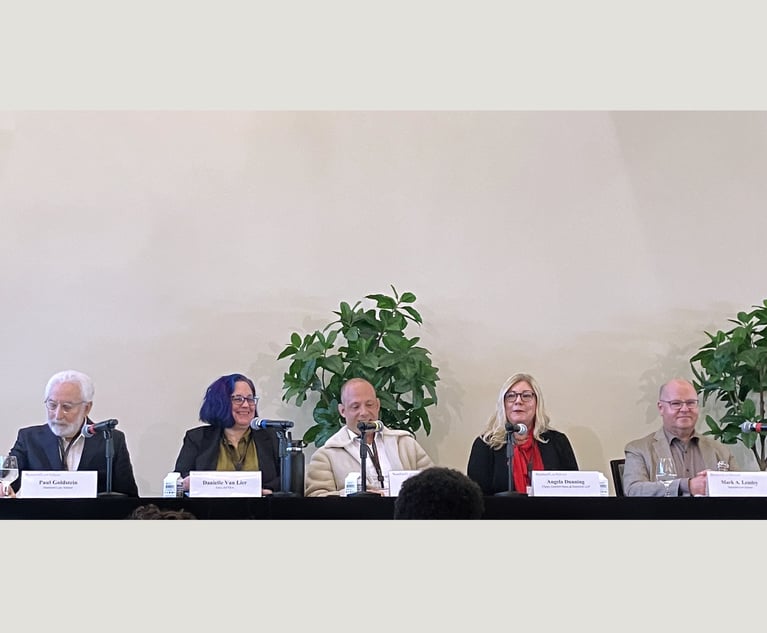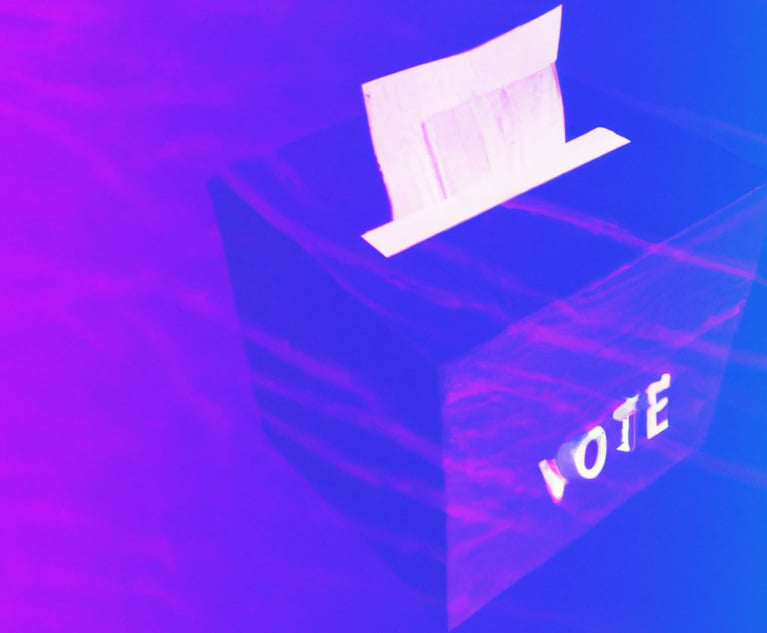The Supreme Court this week lost its famed swing vote in Justice Anthony Kennedy. A Reagan-era appointee, Kennedy was the longest-serving member of the bench, serving 31 years before announcing his retirement Wednesday.
In a time of rapid technological transformation, Kennedy’s absence leaves a question mark around the high court’s approach to data privacy and the evolving role of technology in U.S. society.

 Associate Justice Anthony Kennedy speaks before administering the oath of office to Judge Neil Gorsuch as U.S. Supreme Court associate justice in the Rose Garden at the White House in Washington, D.C., on Monday, April 10, 2017. Photographer: T.J. Kirkpatrick/Bloomberg
Associate Justice Anthony Kennedy speaks before administering the oath of office to Judge Neil Gorsuch as U.S. Supreme Court associate justice in the Rose Garden at the White House in Washington, D.C., on Monday, April 10, 2017. Photographer: T.J. Kirkpatrick/Bloomberg








